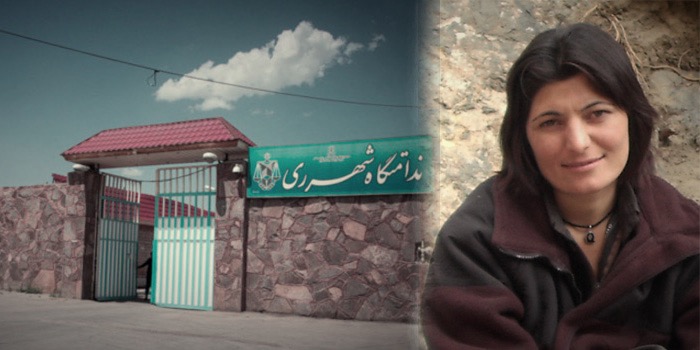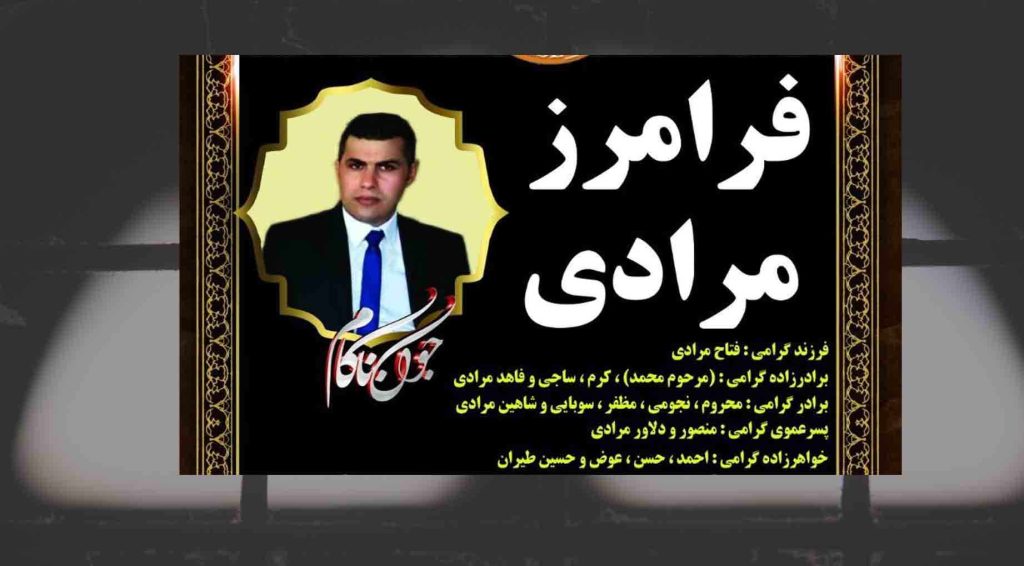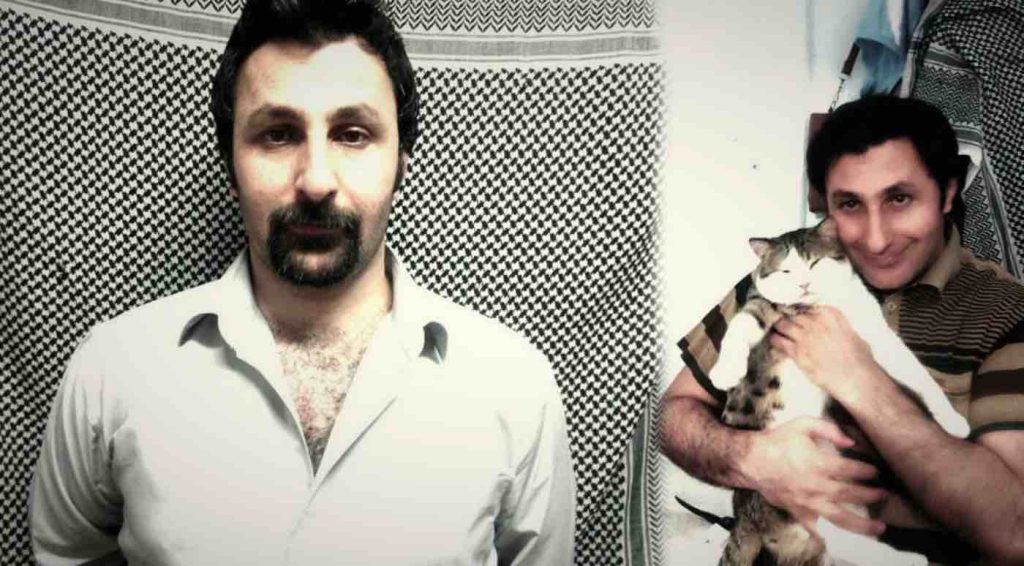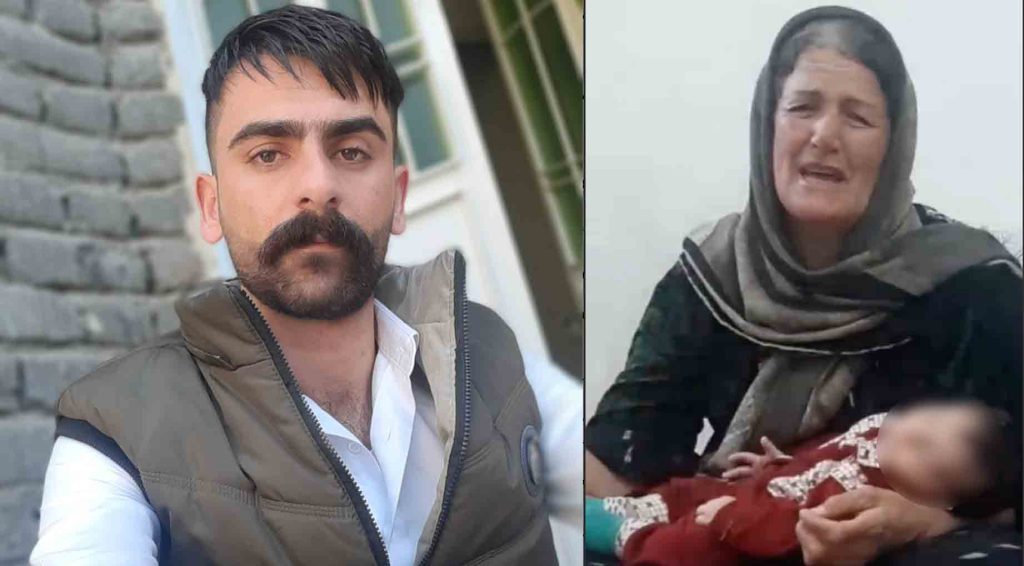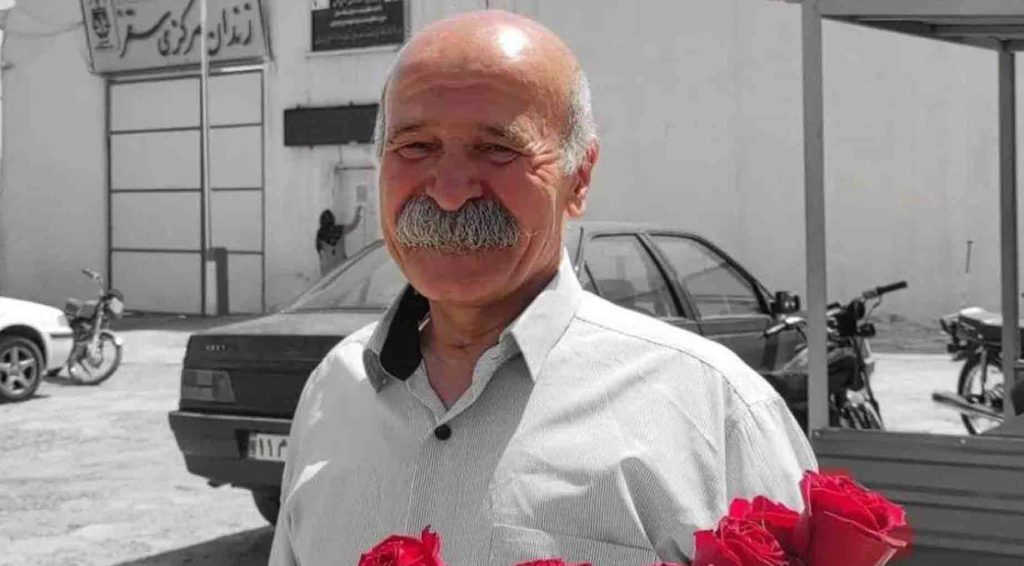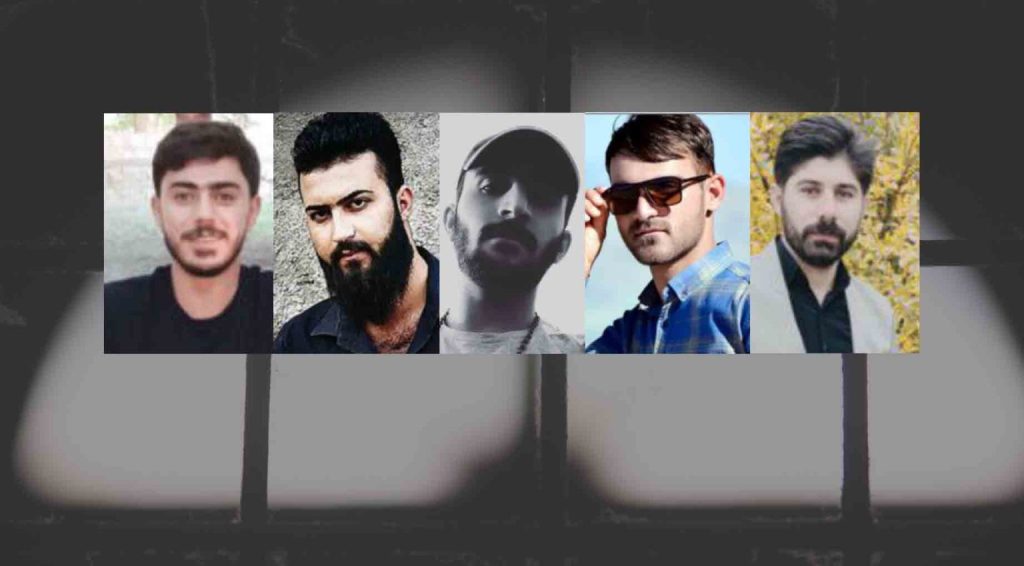Political prisoner Zeynab Jalalian was taken to the Qarchak Prison of Varamin on Saturday, May 2, 2020. She was abruptly transferred out of the Prison of Khoy on Monday, April 27, without anyone knowing where she was taken to.
However, in response to the enquiries made by the family of this political prisoner, Khoy prison officials announced the possibility of opening a new case against Jalalian and her transfer to Tehran for interrogation.
Zeynab Jalalian was initially taken to the Orumiyeh Central Prison, then to Kermanshah, and subsequently to the Evin Prison in Tehran. Ultimately, she was transferred to the Qarchak Prison. She is currently being held in the quarantine ward of the prison.
There are about two thousand women prisoners in Qarchak prison where the separation of crimes rule is not implemented. In practice, this prison lacks the necessary standards for the detention of prisoners, and the high number of prisoners, which exceeds the actual capacity of the prison, has created many problems for the prisoners. In recent years, the prison, which is in poor health and food, has been used as an exile for women political prisoners.
Zeynab Jalalian, born in 1982, is a Kurdish activist from a small village called Deim Qeshlaq located around Maku in Eastern Azerbaijan province in Iran. She was arrested in February 2007 by the forces of Kermanshah Intelligence Bureau on charges of membership in PJAK. She was interrogated at Intelligence Detention Centre in Kermanshah for a month while being seriously tortured both mentally and physically.
She was then transferred to Kermanshah Youth Rehabilitation Centre.In 2016, the UN Working Group on Arbitrary Detention issued an official request to the Islamic Republic of Iran to release Zeynab Jalalian immediately and to take all necessary measures to compensate her without delay in accordance with the international regulations.
In a vote issued by the International Working Group, Zeynab Jalalian’s deprivation of liberty was described as arbitrary and contrary to the Universal Declaration of Human Rights and the International Covenant on Civil and Political Rights. Iran is obliged to prosecute those responsible for violating the rights of the Kurdish political activist.

